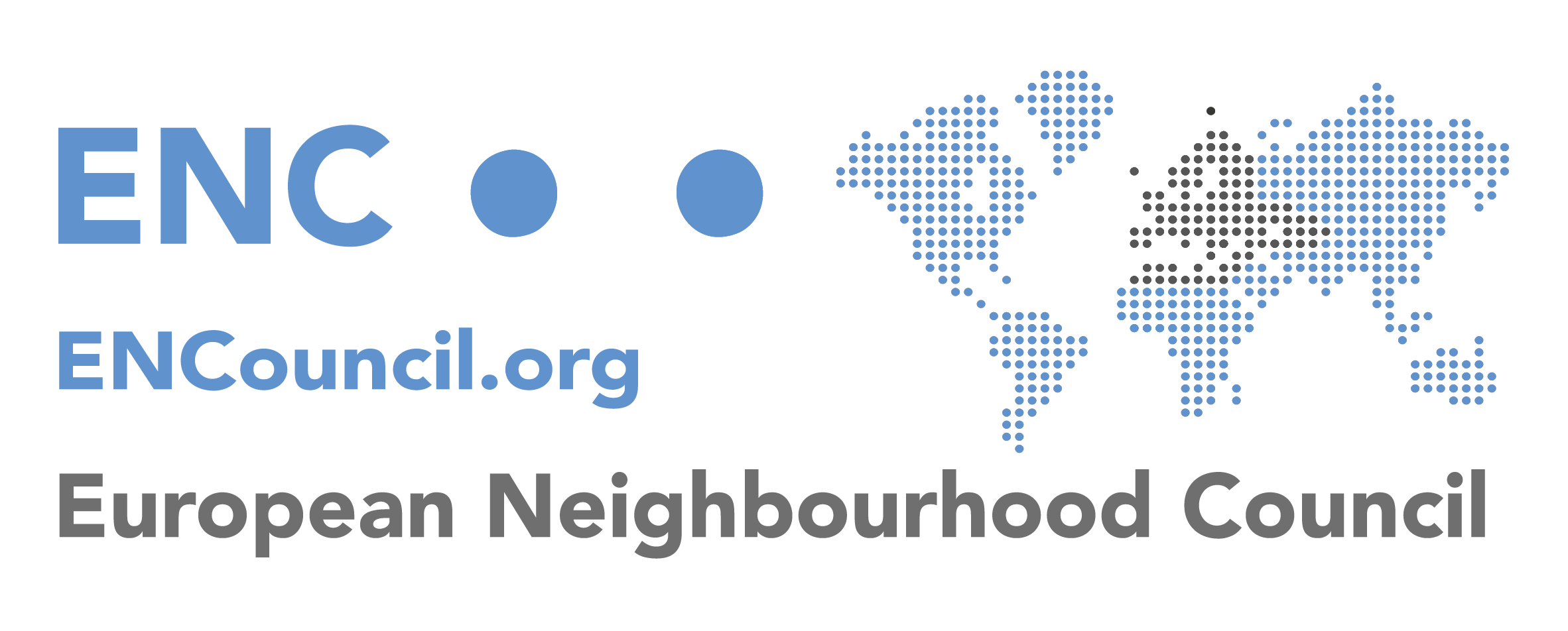Report Launch Event: Socio-economic Impact of COVID-19 and Media Consumption among Vulnerable Communities in Central Asia
The European Neighbourhood Council (ENC) in cooperation with Internews, released its new study: “Socio-economic Impact of COVID-19 and Media Consumption among Vulnerable Communities in Central Asia”. The report is part of the “Strengthening Resilience to Radicalisation and Disinformation in Central Asia through Independent Media (Phase II)” project, produced with the financial support of the European Union and implemented by Internews.
To mark the launch of the report, ENC and Internews organized an online event that took place on Friday, 11th of December 2020, featuring key opening remarks by Ambassador Peter Burian, European Union Special Representative for Central Asia, Marc Fiedrich, FPI2 Head of Unit at the European Commission, and Jodie Ginsberg, Chief Executive at Internews. The panel consisted of Samuel Doveri Vesterbye, ENC Managing Director, Andreas Marazis, ENC Head of Research for Eastern Europe and Central Asia, and Shairbek Dzhuraev, Co-founder and President of Crossroads Central Asia. Ilhan Kyuchyuk, MEP from the Renew Europe Group and Rapporteur for Uzbekistan in the European Parliament wrapped up the event with his closing remarks.
Amb. Burian started by highlighting that post-COVID-19 recovery, while being very challenging, is also a unique opportunity to build back better. The importance of the ENC and Internews report is therefore crucial, as it helps the EU rethink its approach and better apprehend groups that were never focused on before. This societal participation is crucial in contributing to sustainable and inclusive governance.
A major constraint in standing up to the crisis is the uneven digitalisation happening in Central Asian countries, which undermines both governmental and societal efforts to address the pandemic. Among implications of this digitalisation is the limited access to reliable information due to the inability of state agencies to provide official data on time and attempts to conceal the scope of the problem. However, increased digitalisation can mitigate the effects of the crisis, especially for people living in rural and remote area.
Labour migrants, for example, which is one of the communities ENC and Internews focused on, were disproportionately affected by the pandemic, as they are not part of any social protection from their home nor host countries. This creates grievances and ground for radicalisation, and explains that, whereas most people joining ISIS from other parts of the world do so because of ideological reasons, recruits from Central Asia are lured based on economic incentives and misinformation.
Marc Fiedrich agreed that the pandemic has brough the issue of disinformation into all societies around the world, and that working on this issue will help us understand how manipulation of information is being used and what challenges the media are facing in Central Asia. To ensure that information is not used to undermine democratic institutions or to advocate violent extremism, it is important to support the media and civil society organisations (CSOs) but also government institutions, religious leaders and active citizens. Mr. Friedrich highlighted the importance of the report as a way to further nuance our appreciation of the different problematics in Central Asia.
Jodie Ginsberg emphasized that access to trustworthy and accurate information is not just a public good but can genuinely save lives, which is why this report is particularly important today. Ms. Ginsberg stated Internews’ ambition that journalists and media from Central Asia will use this report as a reference point in their own projects covering vulnerable communities, as it highlights the important gap of evidence on how vulnerable communities have been affected by the pandemic. Stakeholders, including governments and the international community could also learn from it, and use it in their communication strategies by creating people-centred stories and make the voices of the vulnerable communities heard.
During the panel discussion Samuel Doveri Vesterbye presented the methodology of the study, a tailor-made and rapid online analysis methodology based on a quantitative data survey of approximately 2,000 respondents across vulnerable communities in Kyrgyzstan, Tajikistan, Uzbekistan and Kazakhstan, as well as 500 qualitative semi-structured in-depth interviews with all three vulnerable communities and 120 “elite†interviews with content producers (journalists and bloggers) across Central Asia. He also refered to the desk research and the consultations with academics and fields experts that took place in order to identify the different vulnerable communities and the research gap.
Moving on to the key findings of the study, Mr. Doveri Vesterbye elaborated on the socio-economic impact of the pandemic. The findings suggest that labour migrants and ethnic minorities were the most impacted groups, reporting high level of unemployment and labour uncertainty. Another very clear pattern is that women are a particularly exposed sub-division within already vulnerable communities, especially regarding unemployment and uncertain work status rates. In general, 20% more women reported unemployment compared to men.
Andreas Marazis explained the study’s findings related to trends and patterns of media consumption in Central Asia, which revolve around three categories: the media preferences, the internet access to information restrictions, and the language preference and availability for information consumption. In terms of media preference, data from the vulnerable communities and content producers suggest that the two main sources are television and the Internet. With regards to the different platforms, social media (mainly Instagram and Vkontakte), and instant messaging applications (WhatsApp and Telegram) are the most used. On the issue of Internet restrictions, 36% percent of refugees and stateless persons reported Internet restrictions in their country of residence. However, for ethnic minorities in Kazakhstan and Tajikistan, it goes up to respectively 56% and 50%. Finally, the findings show that vulnerable groups favour the Russian language, with the exception of Tajikistan and Uzbekistan, thus revealing a linguistic gap in terms of local news.
Shairbek Dzhuraev focused on the impact of COVID-19 on media consumption. The pandemic became an unexpected source of danger to our physical well-being in addition to a sudden change in our way of life (shutdown of offices, closing of borders, lockdown). There was a significant increase in news consumption, especially related to the virus (statistics, precautionary measures), followed by a reverse effect of disengagement and demand for non-COVID-19-related content. Instant messaging services, in particular Telegram, Instagram and Zoom, saw a major growth in usage as a result of the pandemic. In terms of trust, there were three important trends found. Firstly, in Central Asia, international media are more trusted on COVID-19-related matters. Secondly, there is a discrepancy between those considering online media or television as the biggest source of unreliable information. Finally, there is no consensus on what type of information is actually “fake news”. As a result, debunking disinformation became a priority for content producers.
As a conclusion, Ilhan Kyuchyuk highlighted the importance of focusing on vulnerable groups in Central Asia, as challenges of Central Asia become part of the EU challenges as well, and cited for example illegal trade, terrorism, migration and climate change. When hit by a pandemic, it is even more crucial that the EU helps and supports groups that were the most affected: it is both an ethical and pragmatic choice, as when vulnerable people are suffering, they can become victims of disinformation and radicalization.
You can watch the recording of the report launch event below


